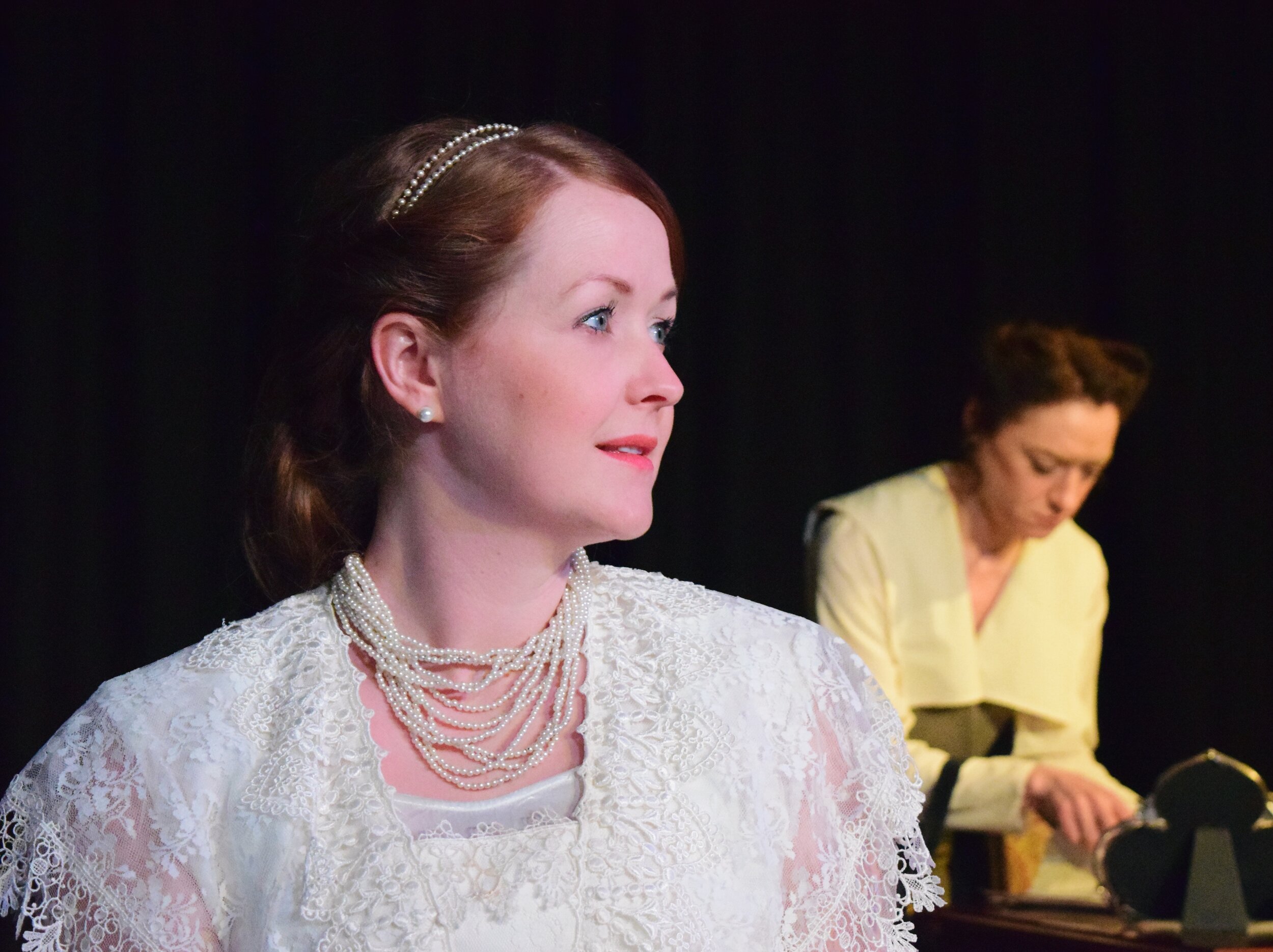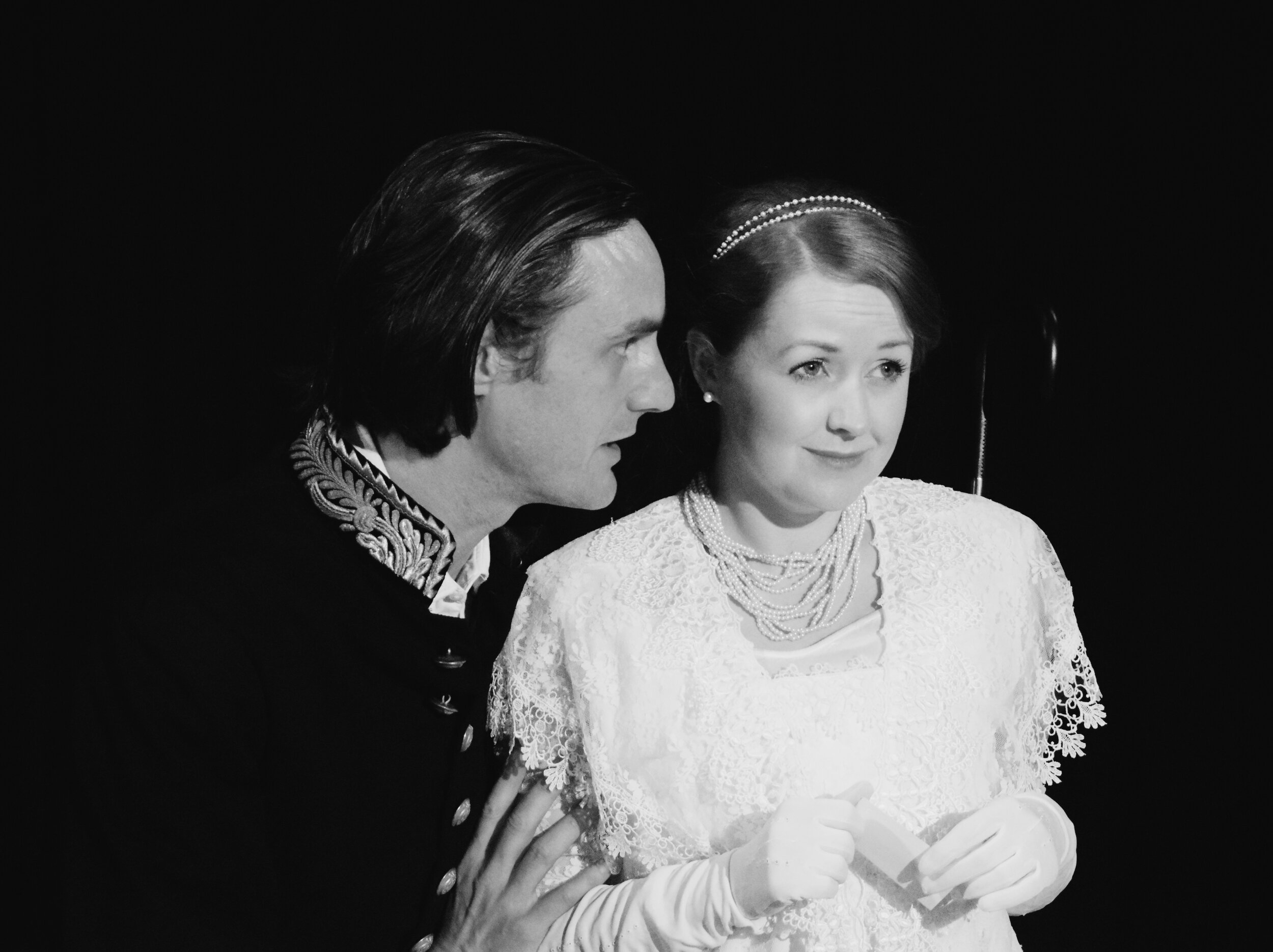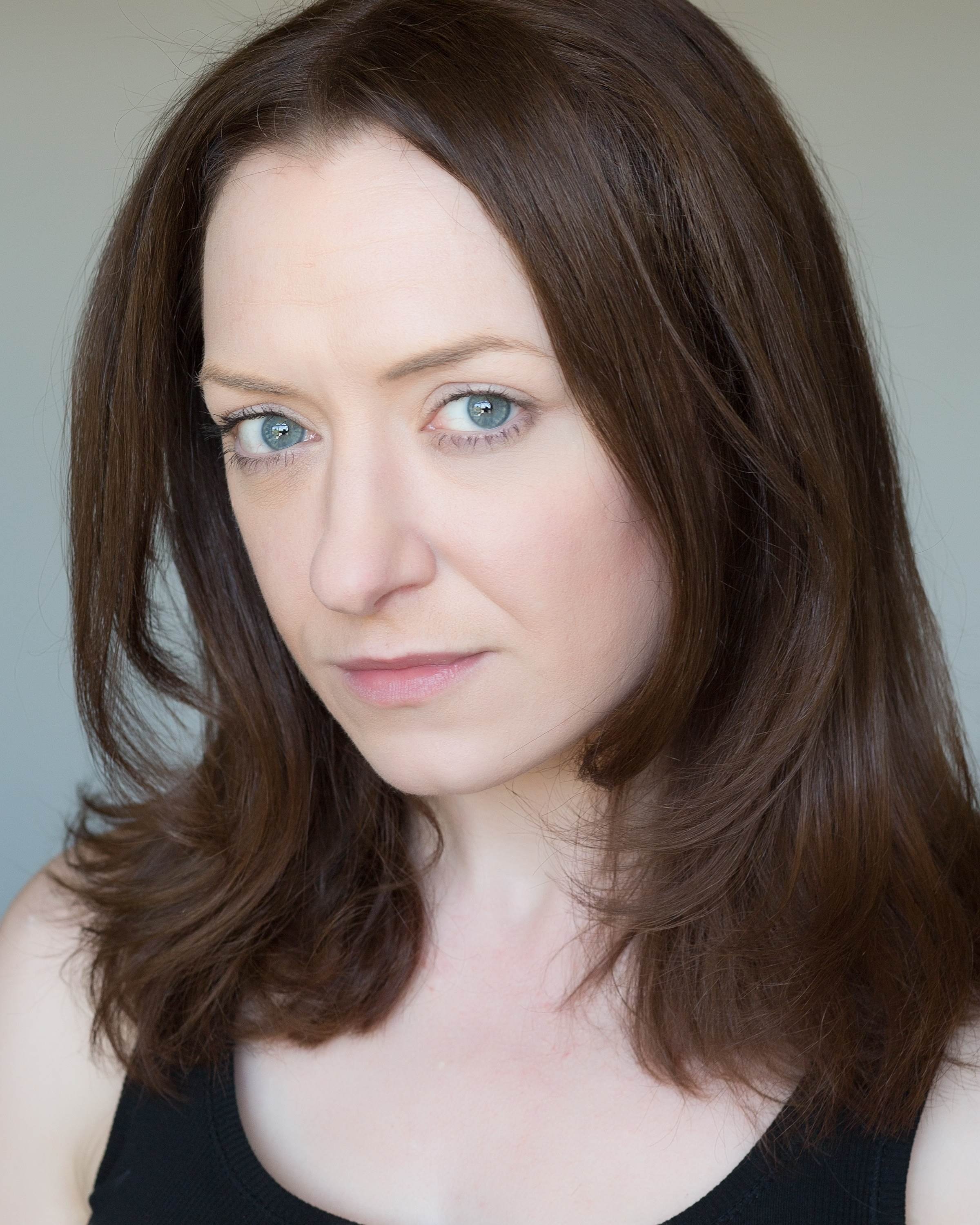JM Barrie
The Twelve Pound Look
“regarded by many as ‘one of the most nearly perfect one-act plays in contemporary drama’ and after just one viewing, I couldn’t agree more. A delight to watch”
The Cuckoo Review
Harry Sims is a successful man.
An English gentleman.
King of his own castle.
Business is booming and his beautiful, doting wife does whatever she is told - as well she should; he is worth half a million pounds.
On the eve of receiving a Knighthood, his domestic kingdom is threatened by the arrival of a hired typist; an independent young woman who proves to be an unwelcome blast from his past.
From the author of Peter Pan comes a grown-up Edwardian comedy with a distinctly modern view. In our era of Trump’s ego and gender politics, JM Barrie’s The Twelve Pound Look remains as relevant today as in 1910.

“If I was a husband, I would often watch my wife quietly to see whether the twelve pound look was not coming into her eyes…”












Courtney Thirtle, The Cuckoo Review
‘In our era of gender politics, J.M Barrie’s The Twelve Pound Look remains as relevant today as in 1910’
Upon entering the Gala Theatre, it is fair to say that I did not quite know what to expect of a play which has been hailed as a comedic, Edwardian ‘early feminist’ drama written by the male author of the children’s classic Peter Pan. The above statement, which I saw before my viewing, kickstarted my curiosity and made me wonder what possible relatability can be felt towards the modern woman in the modern age.
Although not published until 1910, Barrie wrote The Twelve-Pound Look in 1892, a time when women were still derided for insisting on their right to vote. I found this fact remarkable after I watched the play – a play which was evidently so ahead of its time in exploring themes of female independence and emancipation. J.M Barrie seemingly unapologetically used all of his panache and flair to make one of the most important plays there is. The play presents a woman who rejects the cult of success in favour of independence; in favour of real friendship; in favour of making a living off her own back.
The scene is set for this Edwardian dramatic comedy in the house of Harry Sims, an enormously successful English gentleman who is eagerly anticipating his upcoming knighthood, accompanied by his doting wife who ‘does whatever she is told – as well as she should; he is worth half a million pounds’! The arrival of a hired typist, Kate, who Harry happens to know very well – or not quite as well as he thinks – quite frankly ‘Spoils his day!’
The back and forth between Kate and Harry is humorous to watch and the unbelievable dated opinions of the Edwardian gentleman is also! A key moment for me was after Kate finishes her speech highlighting the bad qualities of Harry and how she excused them and tried to accept them. His response? … ‘How did you earn 12 pounds?’.
The genius of both the play and the performance is the relentless sarcasm and wit which present a serious topic as comical and refreshing as well as relevant. A simple one-setting production is still made immersive and enthralling by all four cast members; Graham Hornsby (‘Sir’ Harry Sims), Viktoria Kay (Kate), Samantha Phyllis Morris (Lady Sims), and Ethan Scott (Tombes), who make you lose yourself for thirty-five minutes of splendid delivery and stage presence. All give visceral performances, particularly Viktoria Kay who is without a doubt a refreshing and powerful presence on stage. The performances blend with the script delightfully, which in itself is something to behold!
In The Twelve Pound Look J.M Barrie pays homage to the forward-thinking female who was only emancipated years after his death. A play over one hundred years old which explores female independence and still holds parallels to gender politics today is both worrisome, inspiring and remarkable. Laced with humour that has withstood the test of time, it is a show not to be missed and ultimately, to my transfixed eyes and ears its 35-minute running time felt much shorter, to my dismay.
The Twelve Pound Look is regarded by many as ‘one of the most nearly perfect one-act plays of contemporary drama’ and after just one viewing, I couldn’t agree more. A delight to watch.






